
Ant Life Cycle – Exploring the Different Stages
September 21, 2023

Depending on where you live, ant season can occur any time of the year, but it’s more likely that you’ll see these intruders in your home during the warmer months. These insects, like many others, are always searching for food, water, and shelter. When the windows are open and doors are cracked, this provides them […]






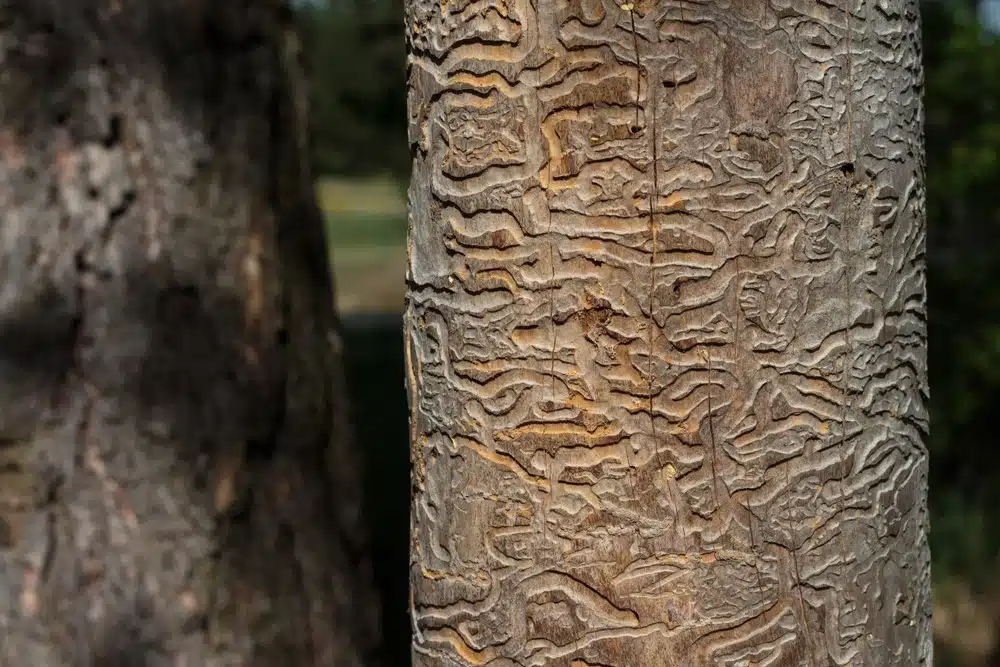
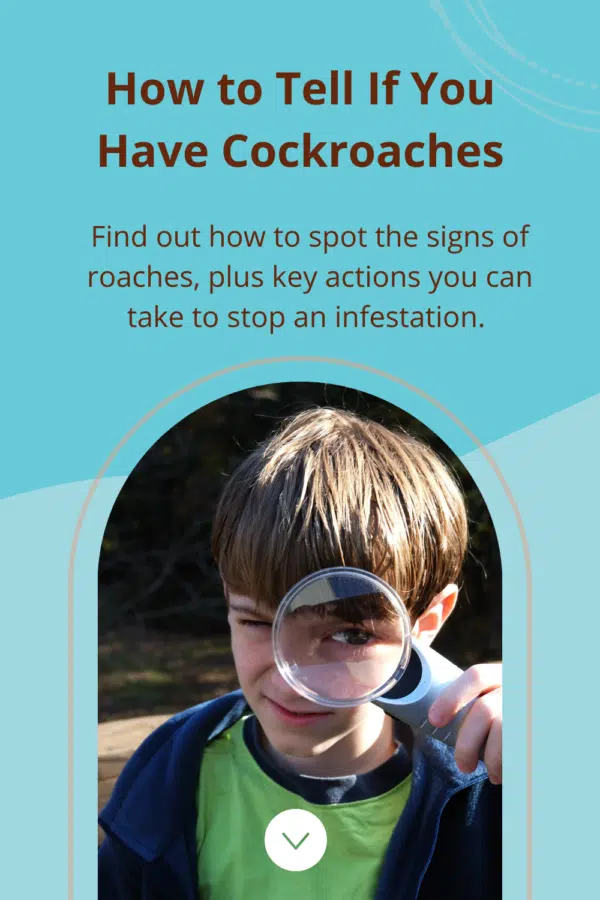
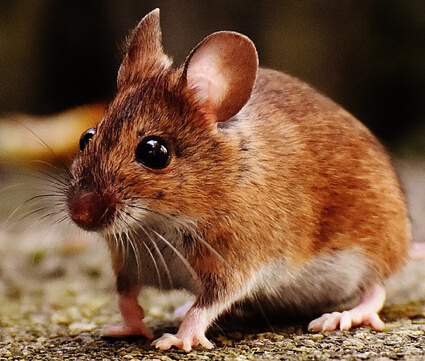

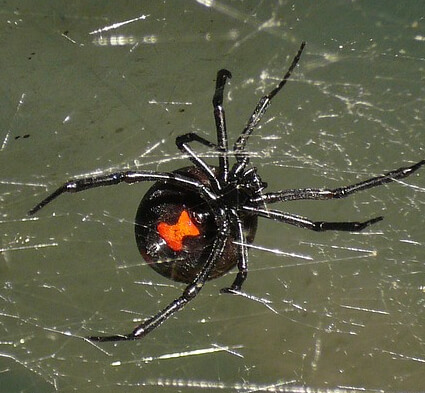
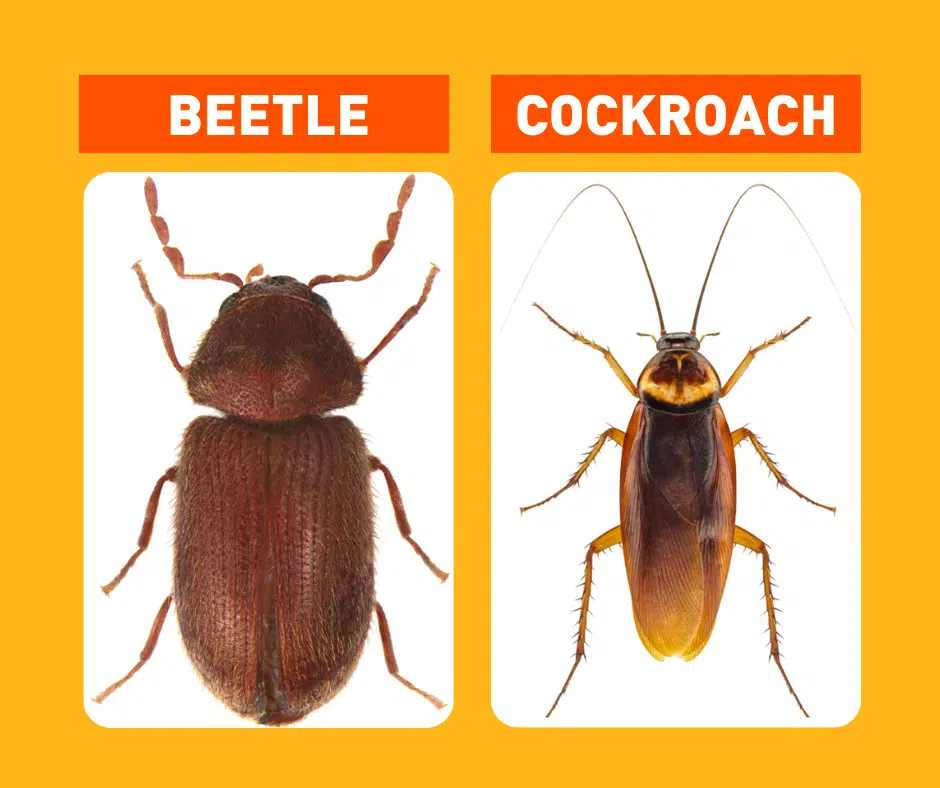
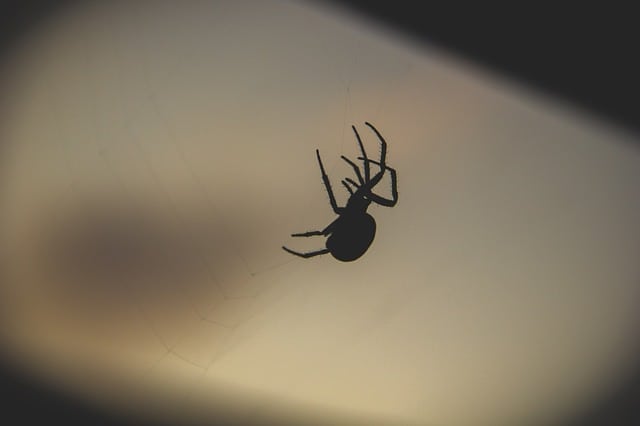
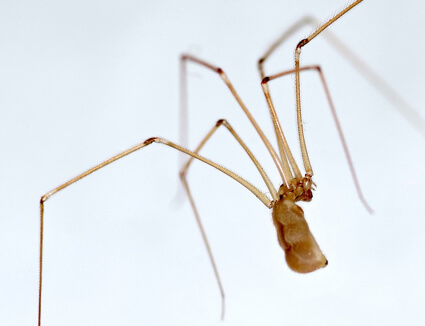
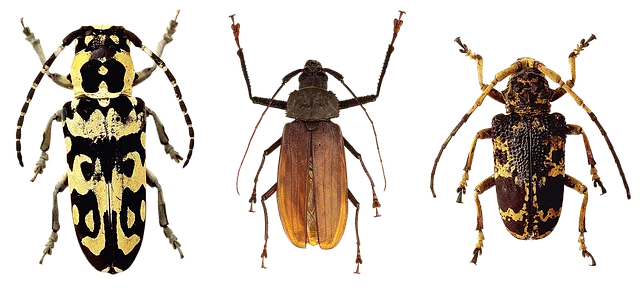

 day
day